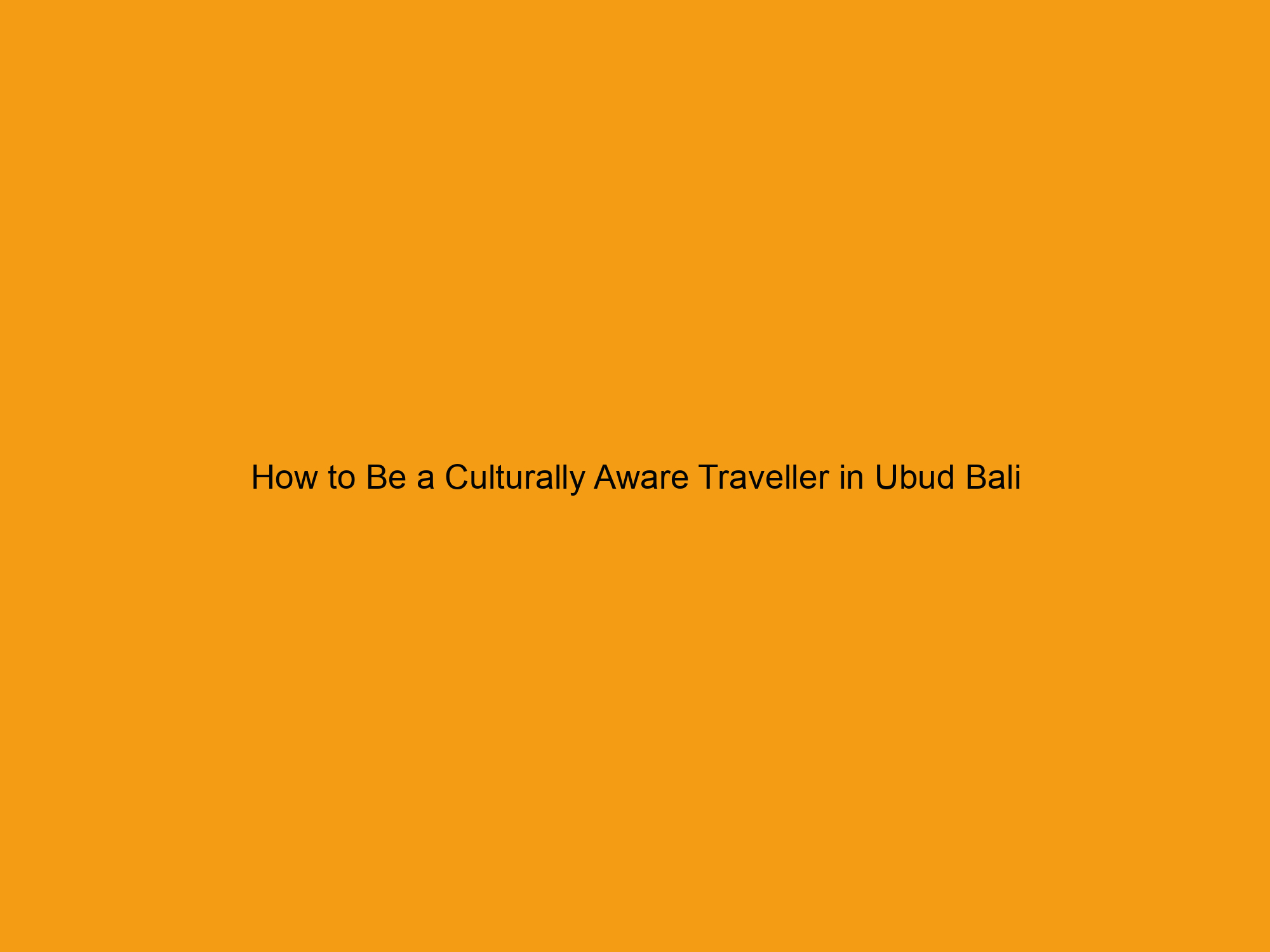There are more than 4.2 million people living permanently in Bali, with over 1 million tourists visiting every year.
The tourism around Ubud Bali especially, has significantly increased in the last decade.
The damage that this increased tourism has done to Bali isn’t hard to find. 13,000 square metres of rubbish is disposed of every day, annual increases of 13% more vehicles on the roads and 700 hectares of forest or rice fields are converted to mostly western owned hotels and luxury villas per year.
Add to that, the shortages on power production and destruction of the Subak (water management for rice farming) and there’s little power or fresh water to go around.
That’s just on the surface – the Western philosophy of consumerism is pervading the young in Bali, and costs for everyday items for people who typically survive on monthly wages that are comparable to a few days work in Australia, are skyrocketing too.
So, whilst I love Bali and will keep visiting, here’s a few ways that I can encourage others to help Bali and the Balinese people.
Stay in Balinese owned accommodation
One of the big issues with many of the southern areas of Bali is how many of them are owned by foreigners (Bule), such as Australians. Sure, they may employ local Balinese, however if you, as a traveller, really want to positively impact the lives of the Balinese, support their businesses by asking any hotel or homestay you’re looking at staying in, who actually owns it.
Side note: it’s common for many of the Western hotels in Kuta, Nusa Dua and areas, to only pay employees by occupancy. If there are not many rooms occupied, employees are sent home with no compensation. Many Western-owned businesses are also known to keep the service charge, which is added to every bill and designed to be distributed amongst staff.
Dress appropriately in Ubud Bali
On each visit, it amazes me how many visitors don’t consider what the locals call ‘appropriate dress’. The Balinese are so reserved and friendly, they won’t tell guests when they feel these dress choices are offensive.
The way of life in Bali is very much entwined with their unique Hindu beliefs. As such, you should always dress as modestly as possible when off the beach or outside your accommodation; both men and women are expected to wear shirts (t shirts are fine) that cover shoulders and part of the upper arms.
Tiny shorts are also a big no; singlets, bikini tops or tops showing your midriff can be left for the beach. When in doubt, study what the locals are wearing; this will give you a good direction.
Eat regularly in Balinese owned restaurants
The same philosophy of seeking local owned establishments also applies for restaurants. Whilst it is nice to visit Bali and have a decadent meal at a newly opened western restaurant, it is likely that the majority of the money returns to the country where the owners likely still reside.
I don’t want you to feel guilty having that pizza or western meal, however I do encourage you to make a habit of eating at local owned establishments, as well.
Be a respectful guest
There’s nothing more annoying than watching a bunch of loud foreigners (Bule) walking down the street in Ubud Bali, oblivious to the looks they may receive from the locals. Notice the quiet tones of the locals – raised voices are considered aggressive and rude, and aren’t welcome here, so please turn it down a notch.
The same goes for things like pointing with your finger, which is considered rude, outward signs of affection in public and the like. We would expect tourists fit in with our culture and way of life when they visit us – so don’t be a hypocrite when you’re the visitor.
Ideally, ask a local for directions culturally as well as physically. If you hire a good Ubud tour guide and driver, they can show you around. Wayan from Spirit Bali Driver has excellent English and loves to discuss the cultural side of Balinese life.
Learn something about Balinese Hinduism
Just about everything in Bali references or is affected by their belief system, which is a unique blend of Hinduism, not found anywhere outside of Bali. Everything from the architecture, to the layout of homes and villages, to the ‘Canung Sari’ (offerings) left by the roadside.
Ask a local to explain more about their beliefs, and you’ll make a new friend; the Balinese love explaining how their system works.
Whilst the tips above wont stop the environmental damage, we can all work together to try and avoid cultural destruction. Being mindful that you are a visitor to a very special place will go a long way to helping Ubud Bali and ensure that the Balinese are here for decades to come.

